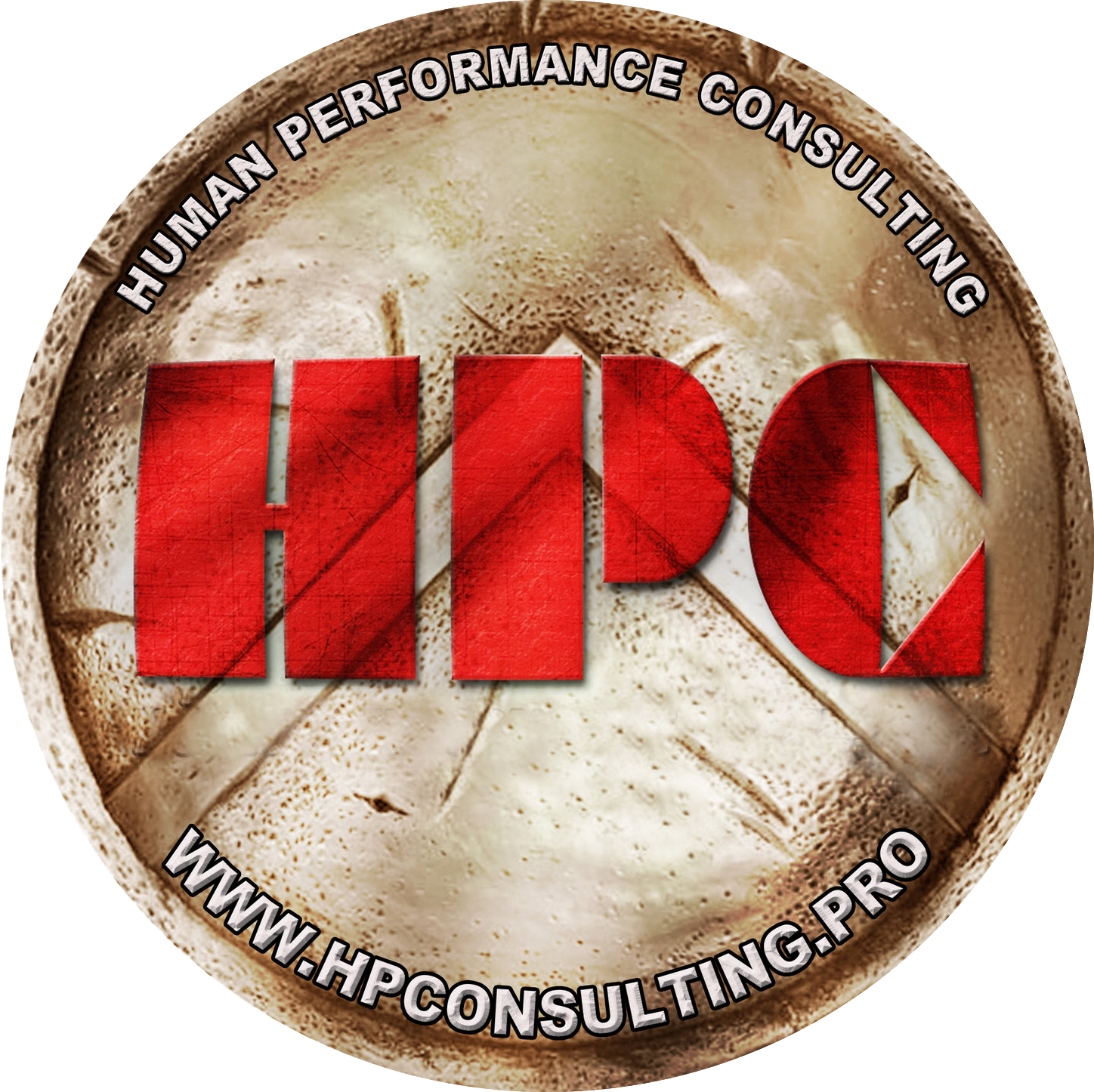Vision Boards
Humans never cease to amaze me. We are perhaps the most capable living creatures on the planet. Our civilizations are vast and well developed. We use technology to the fullest extent possible, communicating with each other at lightening fast speeds. But with all this knowledge and power, we struggle with basic focus and sometimes even have trouble staying on task. Perhaps our technologically advancements can also be crippling and overwhelming. At times, we see the world as a confusing mess that we need to shut out in order to be happy. This doesn’t have to be that way. Creating a vision board can bring you focus and direction in a world filled with chaos and stress.
Strategic Level Thinking
A vision board is nothing more than a visual collection of what is important in your life. It could be your family, God, or even goals that you want to accomplish in the future. Perhaps your vision board holds keys to your past that ground you as well? A vision is something in the future that drives you in a certain direction in the present. This strategic level thinking is very important. Without a vision, you don’t really know which direction you are going in the present. Stress and chaos enter into your world because you don’t know where to go since you have no overall strategy to support your vision. Having a vision of yourself and what you want to do in the future is not a nice thing to have, it is critical.
Military and Business Vision
Every military operation has a vision. This vision is a strategic level statement that tells all troops, from the highest raking to the lowest ranking, the overall story as to why the operation is taking place (the purpose), the measures of success of the operation, and the end state of the operation. This vision statement is clear and paints a picture so that everyone knows exactly what the commanders wants. In business, vision statements tell employees where a company is going in the future and why they want to go there. The vision statement, not to be confused with the mission statement, is future speak. The mission is what you are doing in the here and now to achieve the future vision.
Painting a Picture
A picture is worth a thousand words, or so the saying goes. Making a vision board for yourself should involve pictures or drawings (unless you draw like me). Pictures are easier to digest and remember than words and are powerful reminders of what you want to accomplish in the future. Some of the earliest forms of communication (cave drawings) are powerful reminders of how paintings, drawings, and pictures can not only hold our attention, but inspire us to achieve things beyond our limits. Visualize yourself in the pictures that you choose. For example, if part of your vision involves learning how to fly an airplane, use a picture of an airplane and see yourself inside the airplane flying it. Visualization is a powerful tool to use within your vision board.
Assignment
What accomplishments do you see yourself achieving within the next few years? What will these accomplishments look like? Write down these accomplishments and form them, using pictures, into a vision board. This process will take a long time, but that’s OK. When you finish your vision board, put it somewhere where you will see it everyday. Put it on your refrigerator next to the kids drawings. Put it where you hang your keys so that you can see the pictures every time you leave the house. Place the vision board in the bathroom so that you can look at it as you brush your teeth twice a day. Remember that the vision board should be a fun project. Think about getting your kids or spouse involved so that they can share their vision with you. Remember that a journey without a vision is a journey that may end up where you don’t want to go. I have seen too many people doing things that they don’t want to do, in jobs or lives that were foreign to them. Remember that without vision, every road leads you to where you want to go because you really don’t know where you want to go. Don’t be blind; make a vision board today.
“Lean into it!”
Dr. N

